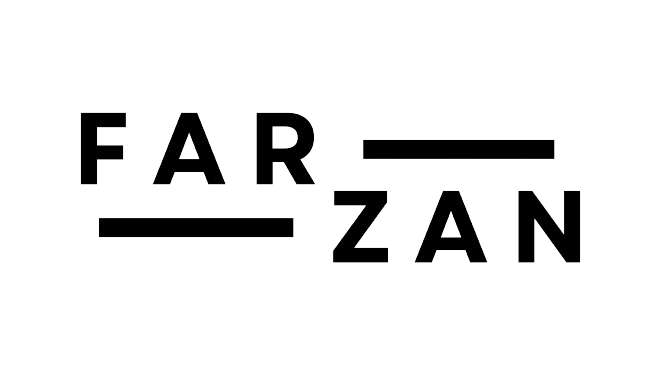Dad wonders about when will I start teething? Since as matter of fact until now when I have passed my 7 months of age, I am yet to have teethed. There is no one tooth on my mouth yet.
According to pediatrician, "generally, teeth start appearing between 4 and 7 months of age. Baby may be drooling more at 4 months. The first teeth to come in are usually the 2 front teeth on the bottom."[1]
Actually, I feel I am in the process of teething. I feel so uncomfortable at times. And I often grab dad or mom's fingers to bite them hard.
Dad thinks that even before I am teething, he advises mom to take care of my mouth to prepare for the incoming teeth.
I think he's right. Here's some advices from expert regarding this matter:
1. Start cleaning your child's mouth even before her teeth come in. Wipe the gums off after each feeding with a warm, wet washcloth or a dampened piece of gauze wrapped around your finger. You can also buy thimblelike, soft rubbery devices (they fit over your index finger) to use for rubbing off excess food.
2. Once the teeth begin coming in, start taking care of them right away. Many parents think baby teeth aren't important because they're eventually replaced by permanent ones. But these first teeth preserve the spacing for the permanent ones and help baby chew and talk. If they're not cared for properly the can decay, leading to a gum infection called gingivitis, which can affect the spacing of permanent teeth.
3. Watch for cavities. The first signs of cavities in baby teeth are discoloration and minor pitting. Putting baby to bed with a bottle of milk (or worse, juice) is notorious for causing cavities. Don't leave your infant with a bottle for long periods of time, especially if you notice he's no longer feeding and is just using the bottle for comfort.
4. Follow meals with water. Most infant foods easily wash off baby's teeth with just a drink of water after meals. But it's good to introduce a toothbrush (choose a very soft one) as soon as possible, so baby can get used to having it in his mouth. You probably won't need to use the brush to actually clean baby's teeth until he's eating only table foods (and has a significant number of teeth), at around 18 months. However, you'll want to gently clean your child's teeth with a toothbrush or thimblelike cleaner and some bicarbonate of soda if your toddler has eaten sticky, sugary foods.
5. Begin using a pea-size amount of nonfluoride toothpaste once baby is about age 2. Wait until at least age 3, when your child is old enough not to swallow the toothpaste, before introducing the fluoride kind.
6. Regulate baby's fluoride intake. Even though your baby isn't using a fluoride toothpaste, he should get enough fluoride -- important for preventing tooth decay -- from drinking tap water. Most communal water supplies have it added just for this beneficial purpose. Ask your doctor about fluoride supplements baby can take once he's 6 months old if your tap water is not fluoridated or your child doesn't drink any tap water.
7. Schedule a dental exam. The American Dental Association recommends that baby get his first dental exam at age 1, but most pediatricians agree that the first visit can wait until age 3, as long as you practice good home care.[2]
My Photo taken on 27 August 2009

-------
Note:
[1] Familydoctor.org
[2] Parents.com

